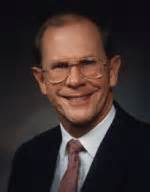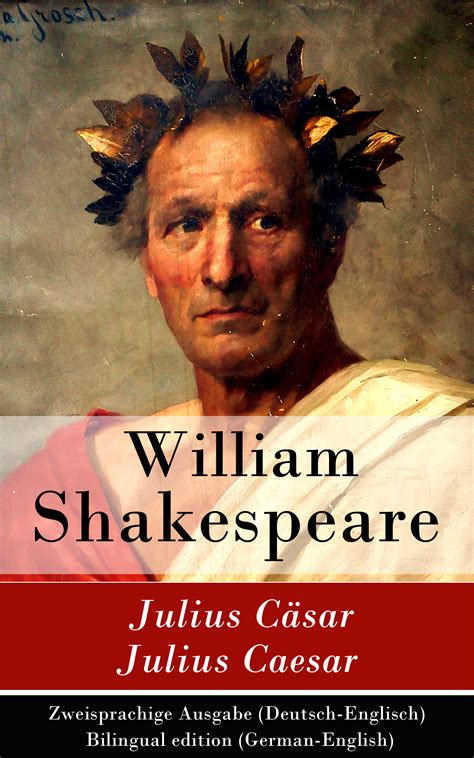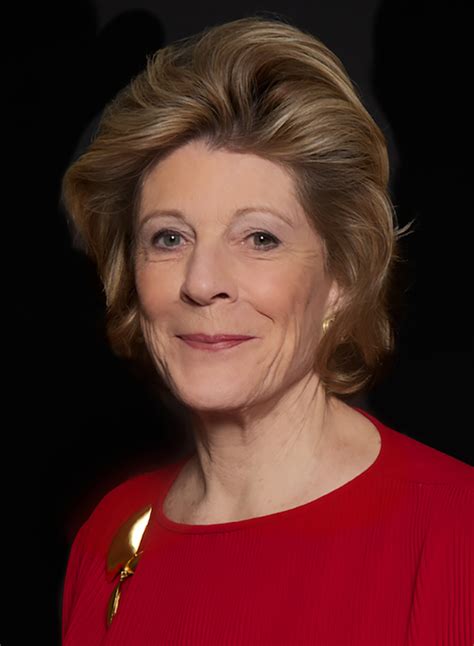A Quote by James Anthony Froude
Do you not think that sometimes when matters are at the worst with us, when we appear to have done all which we ourselves can do, yet all has been unavailing, and we have only shown we cannot, not we will not, help ourselves; that often just then something comes, almost as if supernaturally, to settle for us, as if our guardian angel took pity on our perplexities, and then at last obtained leave to help us? And if it be so, then what might only be a coincidence becomes a call of Providence, a voice from Heaven, a command.
Related Quotes
Although our moral conscience is a part of our consciousness, we do not feel ourselves on an equality with it. In this voice which makes itself heard only to give us orders and establish prohibitions, we cannot recognize our own voices; the very tone in which it speaks to us warns us that it expresses something within us that is not of ourselves.
Artificiality is one curse that will drop away the moment we kneel at Jesus' feet and surrender ourselves to His meekness. Then we will not care what people think of us so long as God is pleased. Then what we are will be everything; what we appear will take its place far down the scale of interest for us. Apart from sin we have nothing of which to be ashamed. Only an evil desire to shine makes us want to appear other than we are.
If we feel that any habit or pursuit, harmless in itself, is keeping us from God and sinking us deeper in the things of earth; if we find that things which others can do with impunity are for us the occasion of falling, then abstinence is our only course. Abstinence alone can recover for us the real value of what should have been for our help but which has been an occasion of falling. ... It is necessary that we should steadily resolve to give up anything that comes between ourselves and God.
Nothing can tend so much to humble us before the mercy and justice of God as the consideration of His benefits and our own sins. Let us, then, consider what He has done for us, and what we have done against Him; let us call to mind our sins in detail, and His gracious benefits in like manner, remembering that whatever there is of good in us is not ours, but His, and then we need not be afraid of vainglory or of taking complacency in ourselves.
When the Lord instills hope and faith and peace and assurance in people, they can bring great things to pass. This, then, is often what we should look for when we ask for help-not a miracle to solve our problem for us, but a miracle inside, to help us come to the solution ourselves, with the Lord's help and the Lord's power.
Though our brother is upon the rack, as long as we ourselves are at ease, our senses will never inform us of what he suffers. They never did and never can carry us beyond our own persons, and it is by the imagination only that we form any conception of what are his sensations...His agonies, when they are thus brought home to ourselves, when we have this adopted and made them our own, begin at last to affect us, and we then tremble and shudder at the thought of what he feels.
We will continue our journey to our destination of peace and education. No one can stop us. We will speak up for our rights and we will bring change to our voice. We believe in the power and the strength of our words. Our words can change the whole world because we are all together, united for the cause of education. And if we want to achieve our goal, then let us empower ourselves with the weapon of knowledge and let us shield ourselves with unity and togetherness.
The significance of our lives and our fragile planet is then determined only by our own wisdom and courage. We are the custodians of life's meaning. We long for a Parent to care for us, to forgive us our errors, to save us from our childish mistakes. But knowledge is preferable to ignorance. Better by far to embrace the hard truth than a reassuring fable. If we crave some cosmic purpose, then let us find ourselves a worthy goal.
We think that by protecting ourselves from suffering, we are being kind to ourselves. The truth is we only become more fearful, more hardened and more alienated. We experience ourselves as being separate from the whole. This separateness becomes like a prison for us - a prison that restricts us to our personal hopes and fears, and to caring only for the people nearest to us. Curiously enough, if we primarily try to shield ourselves from discomfort, we suffer. Yet, when we don't close off, when we let our hearts break, we discover our kinship with all beings.
Anxieties about ourselves endure. If our proper study is indeed the study of humankind, then it has seemed-and still seems-to many that the study is dangerous. Perhaps we shall find out that we were not what we took ourselves to be. But if the historical development of science has indeed sometimes pricked our vanity, it has not plunged us into an abyss of immorality. Arguably, it has liberated us from misconceptions, and thereby aided us in our moral progress.
No one can help us to achieve the intimate isolation by which we find our secret worlds, so mysterious, rich and full. If others intervene, it is destroyed. This degree of thought, which we attain by freeing ourselves from the external world, must be fed by the inner spirit, and our surroundings cannot influence us in any way other than to leave us in peace.
We leave something of ourselves behind when we leave a place. We stay there even though we go away and there are things in us we can find again only by going back there. We travel to ourselves when we go to a place. We have covered a stretch of our life no matter how brief it may have been but by traveling to ourselves we must confront our own loneliness. And isn’t it so that everything we do is done out of fear of our loneliness? Isn’t that why we renounce all the things we will regret at the end of our life?
This transformation is already proceeding, and if we want to consciously find these evolutionary currents operating in our own being as well-if we want to consciously join Spirit-in-action-then the four quardrants can help us orient ourselves more effectively, can help us become more conscious of the evolutionary currents already flowing around us and through us and in us.







































